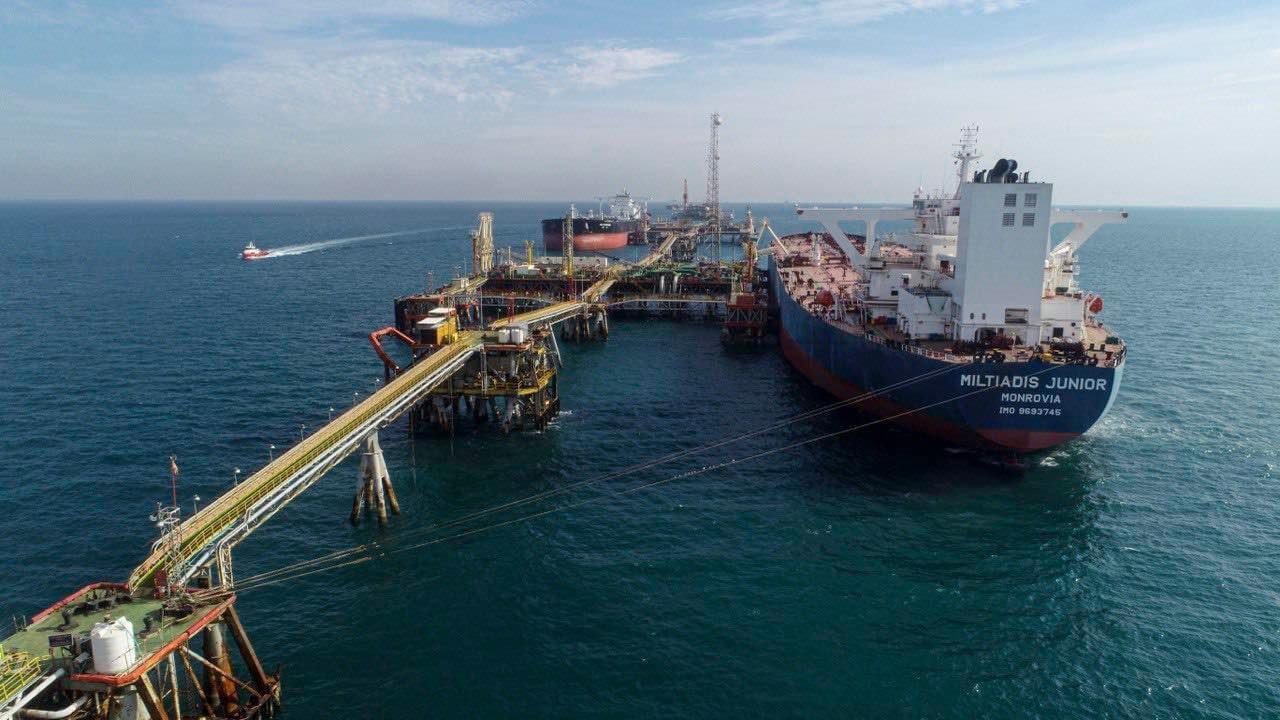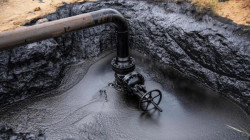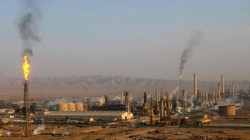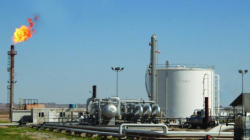World Bank predicts oil prices to exceed $100 amid escalating Middle East conflict

Shafaq News/ The World Bank stated that disruptions in oil supplies in the event of an escalation of conflict in the Middle East could lead to an increase in global inflation rates.
In a report published on Friday, the Bank indicated that a severe disruption could push oil prices above $100 per barrel, increasing inflation in 2024 by about one percentage point.
The report pointed out that ongoing geopolitical tensions over the past two years have led to higher prices for oil and many other commodities, even with the slowdown in global growth. For example, the price of Brent crude jumped to $91 per barrel earlier this month, which is about $34 per barrel higher than the average for the period from 2015 to 2019.
The Bank's forecasts suggest that Brent crude prices will average $84 per barrel in 2024 before declining to an average of $79 per barrel in 2025, assuming there are no disruptions in oil supplies due to conflict. However, if the conflict in the Middle East escalates, these disruptions could push global inflation rates higher.
"If minor disruptions occur, they could raise the average price of Brent crude to $92 per barrel during the current year."
According to the report, severe disruptions could push oil prices above $100 per barrel, raising global inflation in 2024 by about one percentage point.
Moreover, the World Bank has projected that the average price of gold, a popular "safe haven" investment, is expected to reach a record high in 2024 before slightly declining in 2025.
The report noted that strong demand from central banks in developing countries, coupled with rising geopolitical challenges, will likely support gold prices throughout 2024.
Additionally, the report highlighted that escalating conflict in the Middle East could lead to higher prices for natural gas, fertilizers, and food. The region is a significant supplier of gas, with 20% of the world's liquefied natural gas trade passing through the Strait of Hormuz.
The Bank warned that any disruption in the supply of liquefied natural gas would likely result in substantial increases in fertilizer prices, which in turn would drive up food prices.
Despite these potential challenges, the World Bank forecasts a general decline in food prices, predicting a 6% drop in 2024 and a 4% decrease in 2025. Fertilizer prices are expected to fall by 22% in 2024 and 6% in 2025.
The report also pointed out that accelerating investment in green technology has bolstered the prices of key metals essential for the global transition to clean energy. Copper prices, critical for electrical grid infrastructure and electric vehicle manufacturing, have reached their highest level in two years this month, according to the report.
The World Bank expected copper prices to increase by 5% in 2024 before stabilizing in 2025. Aluminum prices are anticipated to rise by 2% in 2024 and 4% in 2025, supported in particular by the production of electric vehicles, solar panels, and other renewable energy infrastructure.





